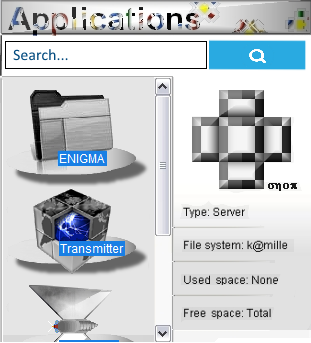- Imperator | Account: -5672083 SHARES. -540
- 12619 views
- Comments
- No comments yet.
- Imperator | Account: -5672083 SHARES. -270
- 9442 views
- Comments
- No comments yet.
- Imperator | Account: -5672083 SHARES. -270
- 2486 views
- Comments
- No comments yet.
- Imperator | Account: -5672083 SHARES. -0
- 1784 views
- Comments
- No comments yet.
- Imperator | Account: -5672083 SHARES. -270
- 48878 views
- Comments
- No comments yet.
- Shareholder | Account: 121 SHARES. +0
- 3402 views
- Comments
-
 Hawkeye
Well doesn't that look tempting?
Hawkeye
Well doesn't that look tempting?
- Shareholder | Account: 121 SHARES. +0
-
"Looking damn good!" - Private Album 
- 3408 views
- Comments
-
 Hawkeye
Looking damn good!
Hawkeye
Looking damn good!
- Shareholder | Account: 1632 SHARES. +270
-

- 4537 views
- Comments
- No comments yet.
- Shareholder | Account: 82713 SHARES. +0
-


- 4296 views
- Comments
- No comments yet.
- Imperator | Account: -5672083 SHARES. -0
- 6489 views
- Comments
- No comments yet.
- Imperator | Account: -5672083 SHARES. -0
- 8837 views
- Comments
- No comments yet.
- Imperator | Account: -5672083 SHARES. -0
- 8964 views
- Comments
- No comments yet.
- Imperator | Account: -5672083 SHARES. -0
- 11086 views
- Comments
- No comments yet.








 Anonymous
Anonymous













